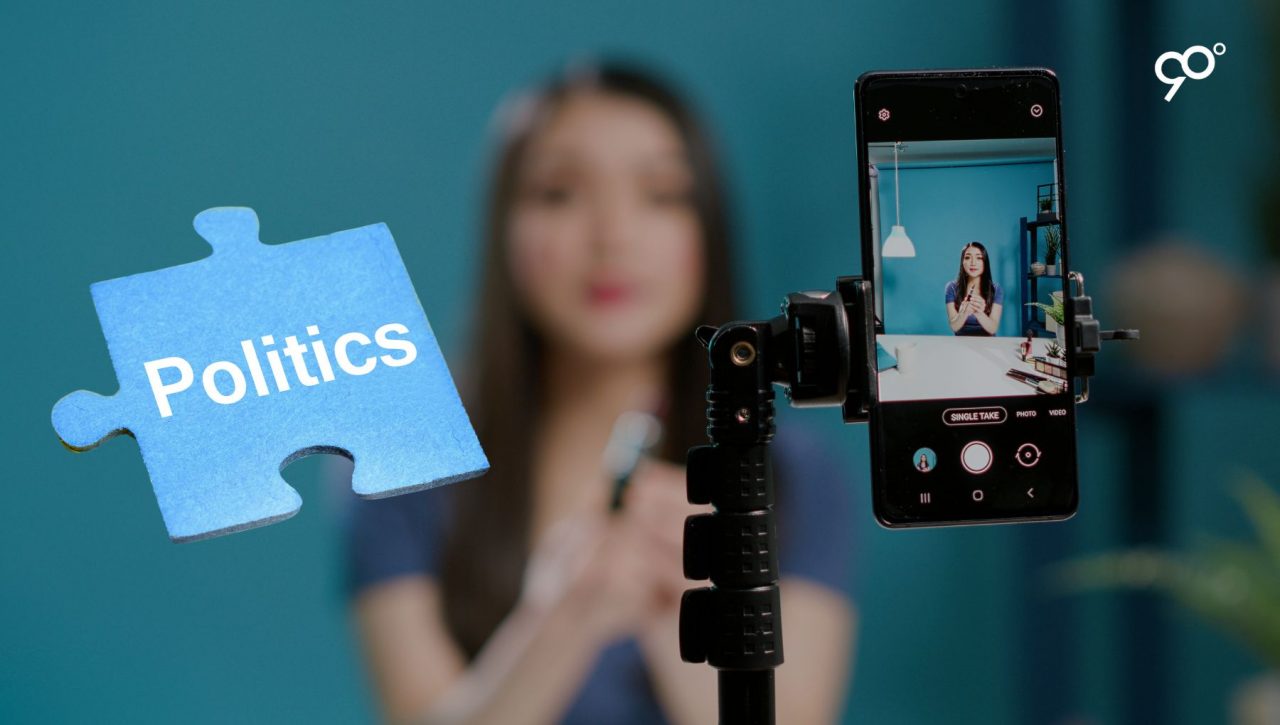
In today’s digital landscape, political campaigns are no longer limited to traditional media and rallies. Social media has transformed how politicians connect with voters — and at the heart of this transformation are influencers. Once known for promoting products and lifestyles, influencers now play a growing role in shaping political conversations, especially among younger audiences.
Why Influencers Matter in Political Campaigns
Influencers have built trust with their followers. They speak in a relatable, authentic voice that often feels more genuine than official campaign ads. For political candidates, partnering with the right influencers means tapping into niche communities, gaining credibility, and reaching voters who may not otherwise engage with traditional political messaging.
How Influencers Shape Campaigns
Influencers help humanize political candidates. Whether through Instagram Stories, TikTok videos, or YouTube interviews, they present candidates in a more approachable light. Instead of stiff speeches, voters get to see leaders as real people, sharing candid conversations or participating in online challenges.
They also help amplify messages. During key moments — campaign launches, debates, and critical issues — influencers can quickly mobilize support, spread information, and drive conversations. Their platforms make it easy for political messages to go viral, especially when combined with creative content and interactive formats.
Choosing the Right Influencers
Not every influencer is a good fit for a political campaign. Authenticity and alignment with values are crucial. Candidates need to partner with influencers who genuinely support their platform, not just those with the biggest following. Micro-influencers, with smaller but highly engaged communities, often make a stronger impact because of the trust they’ve built with their audiences.
Potential Challenges
While influencers can help campaigns reach wider audiences, there are risks. Mismatched collaborations or influencers caught in controversy can backfire and damage the candidate’s image. Transparency is key — voters are quick to spot insincere endorsements. Influencers should disclose partnerships and speak from personal conviction to avoid backlash.
Influencers are changing the game in political campaigning. They offer a fresh, relatable way for candidates to connect with voters, especially the youth. When chosen wisely and used authentically, influencers can amplify political messages, build trust, and help turn online conversations into real-world action. In modern politics, winning hearts and minds increasingly means meeting people where they are — and influencers are already there.
Follow Ninety Degrees PR Solutions on LinkedIn for more public relations and communication related articles.







